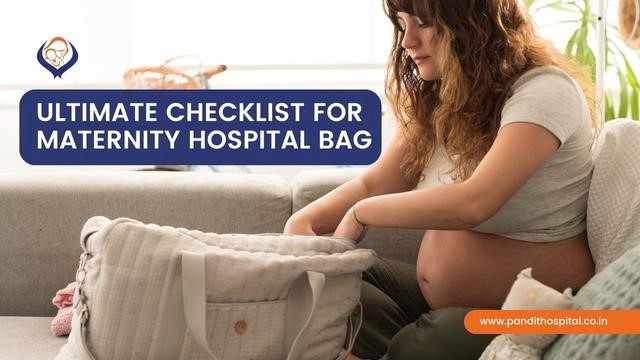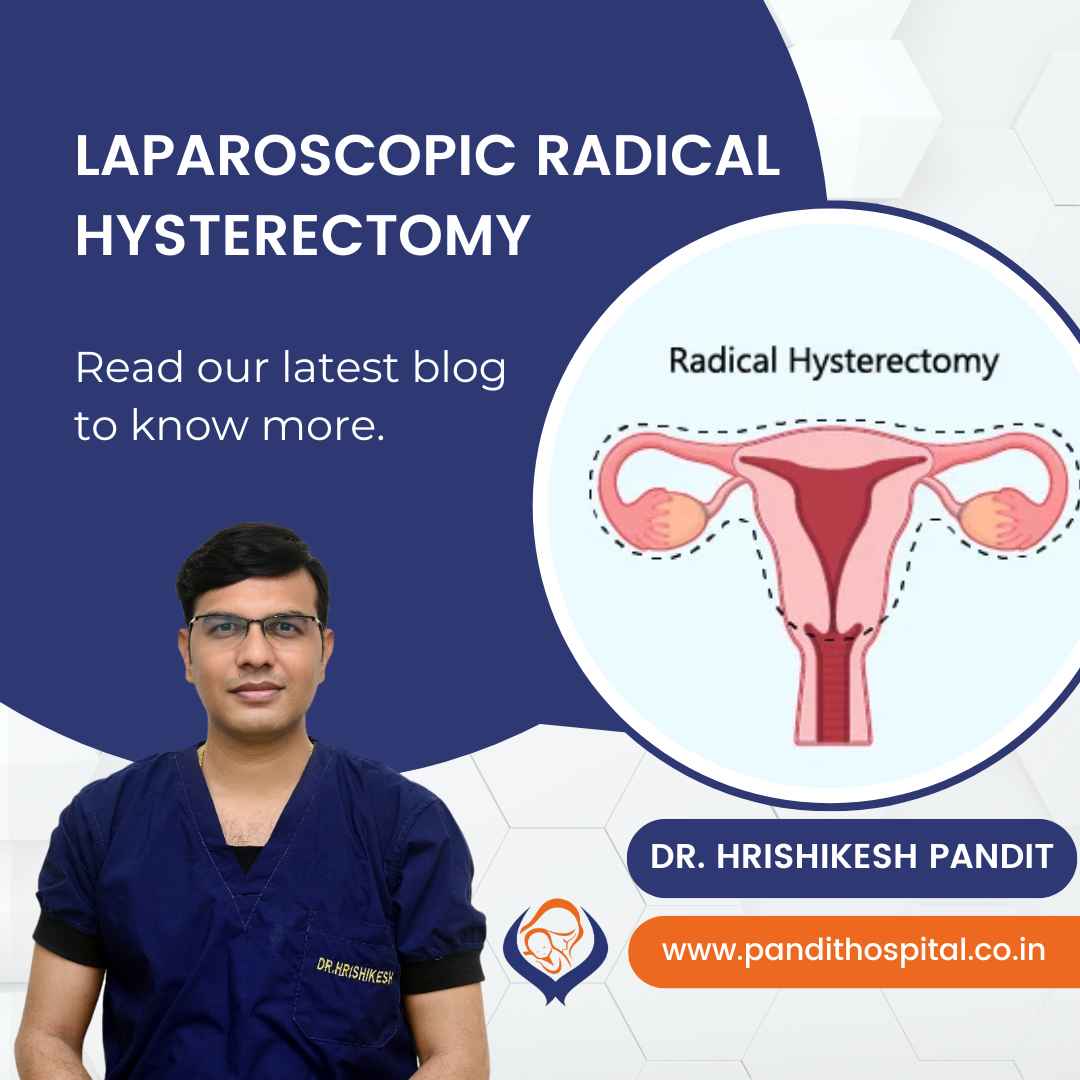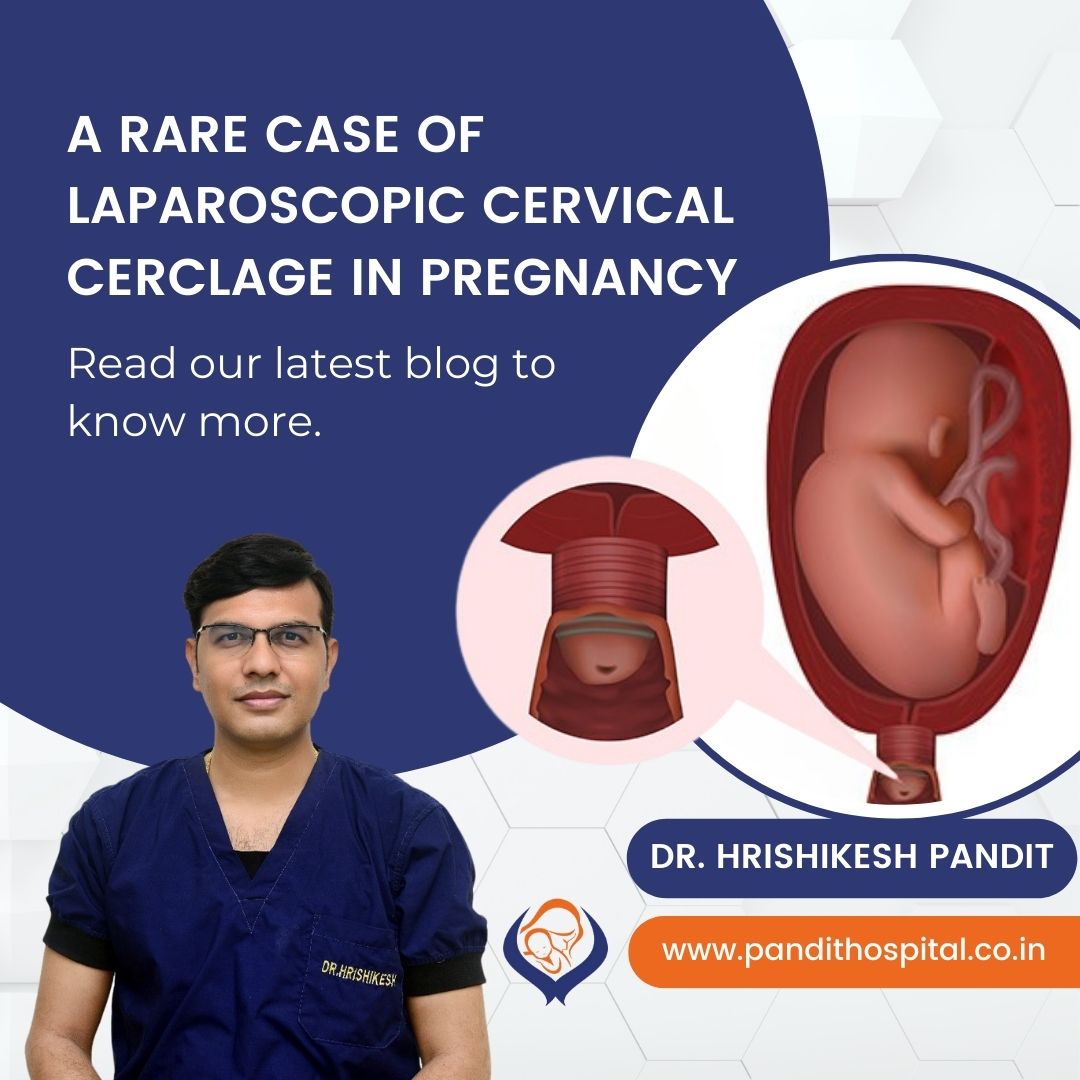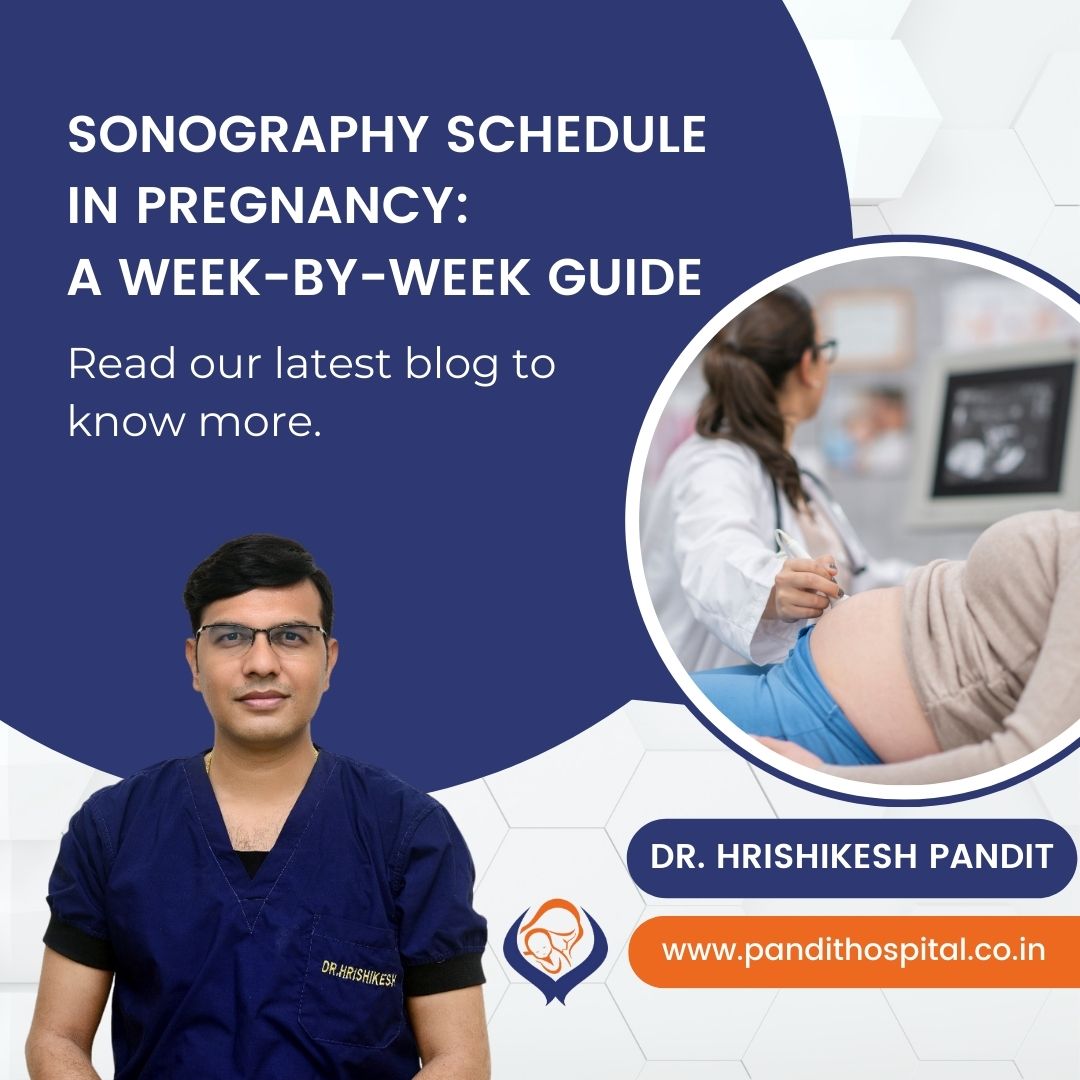Ultimate Checklist for Maternity Hospital Bag
Maternity Hospital Bag is something a pregnant lady should prepare it at least 2 weeks before due date of delivery. As you approach 38 weeks of pregnancy, delivery can happen any day, and you need to be ready with your hospital bag so as to avoid missing an important stuff last moment.
That’s why we have prepared this ultimate checklist for maternity hospital bag. Save this list or share with your friend or relative who is going to deliver a baby soon.
Hospital Bag for Mother:
- Hospital file, ID and insurance papers: Have your medical records handy, so that your doctors can easily see your medical history.
- Dressing gown: A soft dressing gown is useful for pacing around during labor, or afterward, if you spend some time in the hospital.
- Socks: Many mums pop on some warm socks if their feet get cold during labor.
- Slippers or flip-flops: You’ll want slippers that are comfortable and easy to slip in and out of to wear as you walk around the hospital ward.
- Body lotion or massage oil: Some mums-to-be find a little massage during labor relaxing.
- Heavy-duty maternity pads: Although the hospital may provide some, pack plenty of heavy-duty maternity-pads, just in case. It’s normal to bleed a lot after the birth, and maternity pads are softer and more absorbent than standard ones.
- Underwear: Pack several pairs of comfortable underwear that you won’t mind getting messy, and that are large enough for those maternity pads.
- Bras: Be prepared with a few nursing bras or any other comfortable, well-fitting bras.
- Nipple Cream: Sometimes initially milk flow is less so baby ends up biting on nipples leading to sore nipples. For which you should carry nipple cream as a precautionary thing.
- Toiletries: Don’t forget towels, tissues, hairbrush, deodorant, toothbrush, toothpaste, face wash, body wash, shampoo.
- Phone and charger: That way you can stay in touch with loved ones, you can use it to take those first few pictures, and post your special news on social media.
- Clothes: Apart from your nightdress, you might choose to take some comfortable clothes to wear during your stay in hospital.
- Snacks & beverages: Overall labor process is very tiring. So you will need energy and hydration post exhaustive delivery process.
Hospital Bag for Newborn Baby:
- Baby clothes: Even though hospital provide first clothes to cover the baby, but you need to pack prewashed baby soft clothes for further days. In Indian culture, we use perused old clothes to wrap babies as they have become soft over the years with use. So carry them with you.
- Socks: Newborns are very vulnerable to hypothermia, so make sure to keep their feet covered in sock.
- Blanket: While the hospital will likely provide blankets, a blanket of your own is always good to have on hand to use during skin-to-skin contact.
- Diapers: About 20 to 30 diapers made especially for newborns.
- Small spoon and bowl: In many newly delivered mothers, milk may not come as soon as after delivery for which doctors will recommend readymade formula feeds. As newborns may not be able to suck on baby bottles, its easier to use spoon & bowl to feed baby.
- Baby soap: it is important to use baby soap for bathing newborn and avoid any harmful chemicals on body.
- Baby oil: Baby oil for massaging.
We recommend to keep printout of this list ready with you. As sometimes in emergency, your partner or someone at home can easily pack your maternity hospital bag for you.
Pandit Hospital, Ahmednagar, is one of the best maternity hospitals in Ahmednagar. We provide all types of delivery services including cesarean section delivery. We are equipped with pediatric & neonatal support for newborn babies.
Dr. Monika Pandit is one best female gynecologist in Ahmednagar. She has more than 10 years of experience in the field of obstetrics & gynecology.
Dr. Hrishikesh Pandit is the pioneer pf 3D laparoscopy technique in Ahmednagar. His experience and skill make him one of the best laparoscopic surgeons in India.
At Pandit Hospital, you are in safe hands!
To consult Dr. Hrishikesh Pandit, Click Below,
Dr. Hrishikesh Pandit : Best Infertility Treatment in Ahmednagar
About author:
Dr. Hrishikesh Pandit:
Dr. Hrishikesh Pandit is one of the best obstetrician and gynecologist in India. He is also a well-renowned Laparoscopic surgeon. He obtained his MS (Ob Gyn) degree from the prestigious Pravara Institute of Medical Sciences. He has also done fellowship and diploma courses in laparoscopic surgeries and cancer treatment from Tata Hospital and Keil University, Germany. His surgical cases, papers and videos has been chosen in many international forums of gynecology.

At Pandit Hospital, we are always working hard to provide its patients with the highest level of medical innovation and patient care. With the aim of delivering complete maternity & gynecological care under one roof with the help of all contemporary amenities and cutting-edge medical equipment. Dr. Hrishikesh Pandit has a vision to bring the best of facilities regarding laparoscopy surgeries in the city of Ahmednagar. He is the pioneer of 3D Laparoscopy technology is Ahmednagar.
Latest Articles
Dr. Hrishikesh Pandit is one of the best laparoscopy surgeons in India. His determination to bring 3D Laparoscopy technology to Ahmednagar has eventually helped so many patients. Read the latest articles by Dr. Hrishikesh Pandit on Gynecology, gastric issues, and health tips for mothers during pregnancy.
Dr. Hrishikesh Pandit answers common questions about Laparoscopic Radical Hysterectomy at Pandit Hospital’s 3D Laparoscopy Center.
Laparoscopic Cerclage is done for cervical insufficiency or early abortion history. Consult Dr. Hrishikesh Pandit to know more about it. Excellent results in High Risk Pregnancies. Watch video on YouTube.
At Pandit Hospital, Ahilyanagar, we provide advanced maternity care with state-of-the-art 3D laparoscopy and sonography services to ensure the safety of both mother and baby.
FAQ
You should consult a doctor during the first 6 to 8 weeks of your pregnancy, or when your period is 2 to 4 weeks late.
If your contractions are 5 minutes apart, lasting for 1 minute, for 1 hour or longer, it’s time to head to the hospital.
Doctors recommend an infertility evaluation if you have not gotten pregnant after 1 year of having regular sexual intercourse without using birth control. If you are older than 35, an evaluation is recommended after 6 months of trying.
Yes, You can. But most babies need 39 weeks to develop fully. Induced or planned delivery before that time—without a valid medical reason—is not in the best interest of the baby or the mother. After 39 weeks you can plan delivery.
Women who are 21 to 29 should have a Pap test alone every 3 years. HPV testing alone can be considered for women who are 25 to 29, but Pap tests are preferred. Women who are 30 to 65 have three options for testing. They can have a Pap test and an HPV test (co-testing) every 5 years. They can have a Pap test alone every 3 years. Or they can have HPV testing alone every 5 years.
Laparoscopic hysterectomy is a safe and suitable procedure for chosen patients. It affords patients advantages like less peri-operative morbidity, better life quality, shorter hospitalization time, and faster return to activity.
Schedule a doctor’s visit if you have: Greenish, yellowish, thick or cheesy vaginal discharge; Strong vaginal odor; Redness, itching, burning or irritation of your vagina or the area of skin that surrounds the vagina and urethra (vulva); Bleeding or spotting unrelated to your period.
Painless delivery can be achieved using a form of regional anesthesia that provides pain relief during natural labor. Epidural anesthesia is administered through an injection on the lower back of the mother. The drug takes about 10-15 minutes to take effect.
Even in severe cases of endometriosis, most can be treated with laparoscopic surgery. In laparoscopic surgery, your surgeon inserts a slender viewing instrument (laparoscope) through a small incision near your navel and inserts instruments to remove endometrial tissue through another small incision.
The HPV vaccine is recommended for routine vaccination at the age of 11 or 12 years. (Vaccination can be started at age 9.) It is also recommended that vaccination for everyone through age 26 years if not adequately vaccinated when younger. HPV vaccination is given as a series of either two or three doses, depending on age at initial vaccination.




